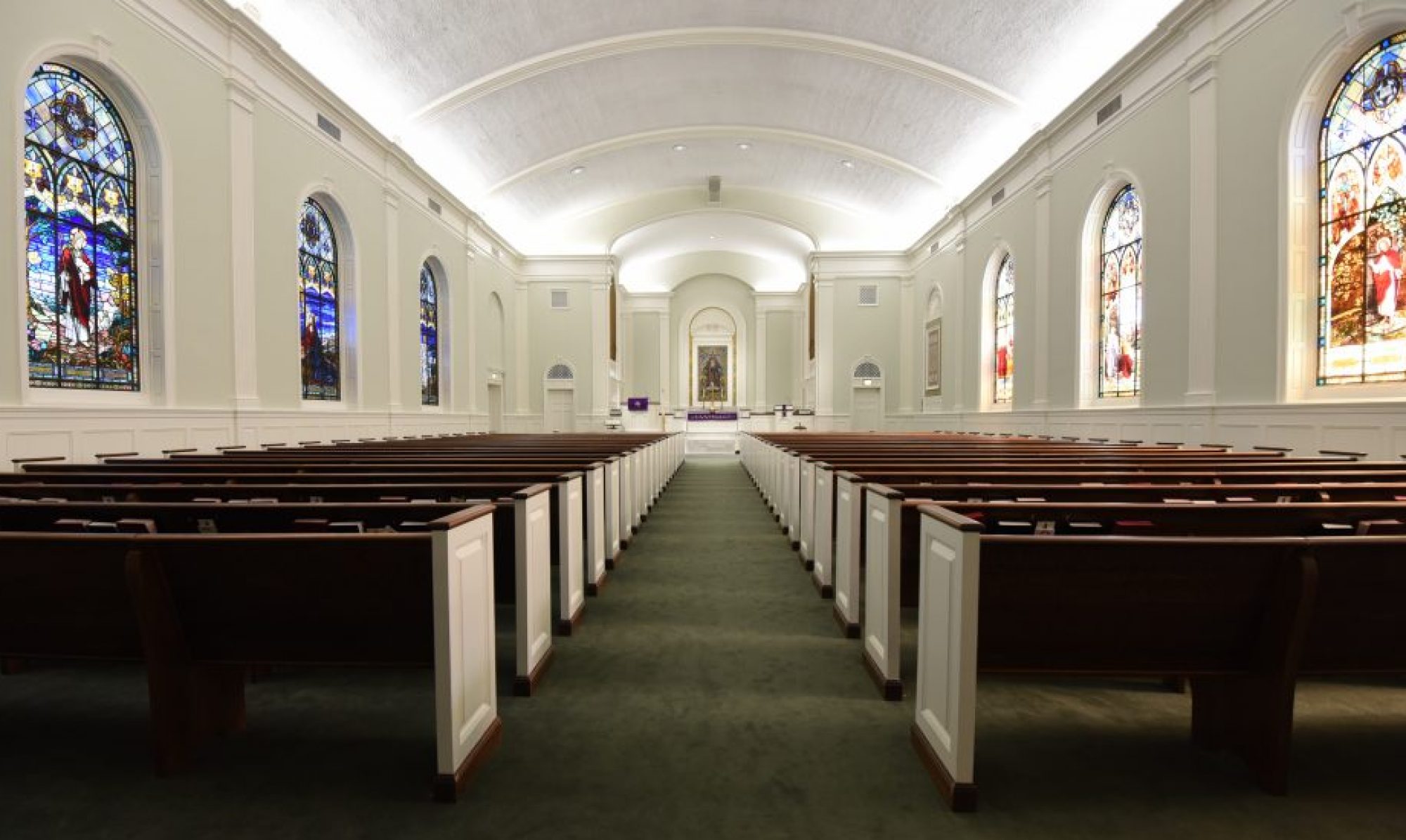
“I want you to know how hard I am contending for you and for those at Laodicea, and for all who have not met me personally. My goal is that they may be encouraged in heart and united in love, so that they may have the full riches of complete understanding, in order that they may know the mystery of God, namely Christ…” (Colossians 2:1-3 NIV).
There are two Greek words which make up the italics: Helikos (Great) and Agon (Contest or Conflict). The picture is that of an athletic contest which is strenuous and demanding. This same word, Agon, was often used to describe the place of assembly for the Olympic Games. In the Colossians’ text, the struggle isn’t with God but describes the intense effort and inward struggle of the one praying as he/she earnestly desires a preferred outcome that is uncertain.
Perhaps this is the best explanation for Intercessory Prayer. This type of prayer is where one stands in the gap for another. The person praying is so moved and burdened for another person and for that situation to change to a preferred outcome. The soul of the prayer is in such turmoil for change that the prayer expenses all of his or her resources the same way an athlete strives to win the contest. The outcome of the race might not lead to victory but win or lose, the athlete leaves it all on the field. There is nothing left in the tank when the contest is over.
How blessed one is to have someone pray in this manner. Greater still is the one who is willing to embrace this level of conflict for the soul of another.

- Monday – 2 Corinthians 6
- Tuesday – 2 Corinthians 7
- Wednesday – 2 Corinthians 8
- Thursday – 2 Corinthians 9
- Friday – 2 Corinthians 10
- Families in crisis.
- Loved ones battling illness.
- Those seeking to find their way.
- The St. Paul Church family and our ministries.
- The United Methodist Church family.
- Our leaders, our country, and our world.
“Don’t worry about anything; instead, pray about everything. Tell God what you need and thank him for all he has done.” – Philippians 4:6

